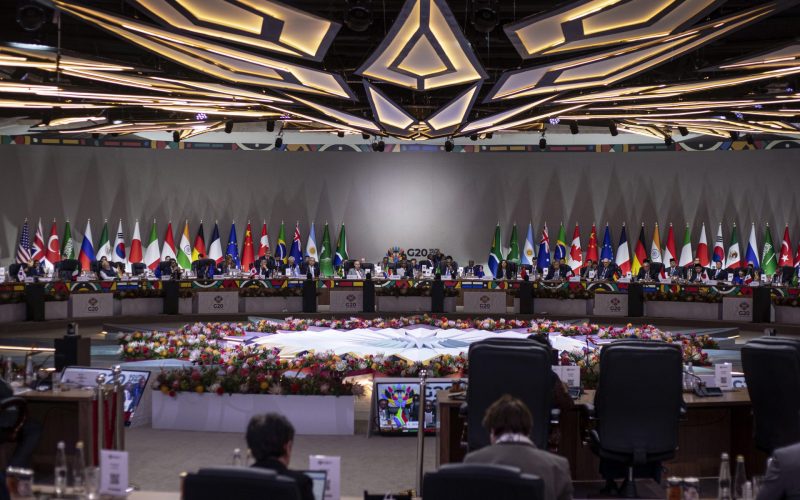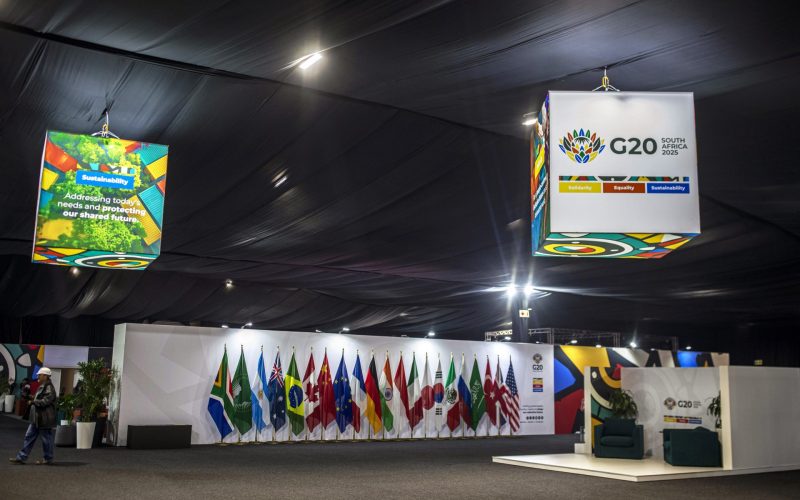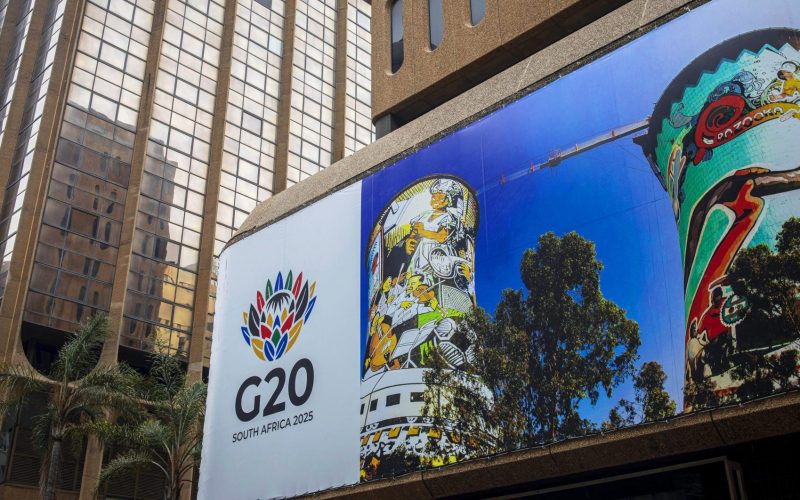Not only does the institute boast a veritable posse of damn fine writers, it also seems to be their main aim to cut through the clutter, writing with clarity and simplicity that makes easily digestible that which many practitioners would prefer to remain an arcane subject.
Tim Hughes is no exception and his ‘Harmony and Discord in South African Foreign Policy Making’ delights as much with its musical metaphor as with its directness and ease.
South Africa has found itself in a very complex situation post-apartheid: the world expects us to have a position on everything and pays enormous attention to what we have to say. After all: we are the people who performed the miracle; who avoided civil war and made a peaceful and startlingly complex transition from awfulness to democracy. It follows that we should be able to give guidance to the world when the going gets tough. It’s unfair, perhaps, but true. And something we should be inordinately proud of. And inordinately protective of.
Hughes sets out to collate a number of policy snapshots indicating how the various players perform in the foreign policy concerto. And they all provide a wonderful insight. Written with the support of the Konrad Adenauer Foundation, Harmony and discord tracks our foreign policy since democracy paying close attention to our policy on conflict diamonds, the birth of Nepad, attitudes to the middle-East and of course, I suppose, spends a deal of time on our policy towards Zimbabwe: an attitude that seems to be anomalous. There are a number of insights into the policy of quiet diplomacy, which give even the most fervent opponent of the policy pause.
And you’ll find the entire policy orchestra laid bare: from who conducts, to who plays first horn. Who’s the leader and who the second strings. And, once again, those responsible for the layout of this great series of publications have done themselves proud. The charts and appendices are easily accessible and particularly clear.
Most of all though, while this is a critical analysis of a complex set of issues, it is a book to make all of us who care about this country more than a little proud. We may not understand how we became so internationally important and respected. After all we were not the only country in the world to have successfully changed from nastiness to democracy. But we do punch above our weight and we are respected beyond our widest dreams. It behoves us to be as aware as we can about it all. And, if we can have fun as well, as we can with this splendid book, then so much the better.








